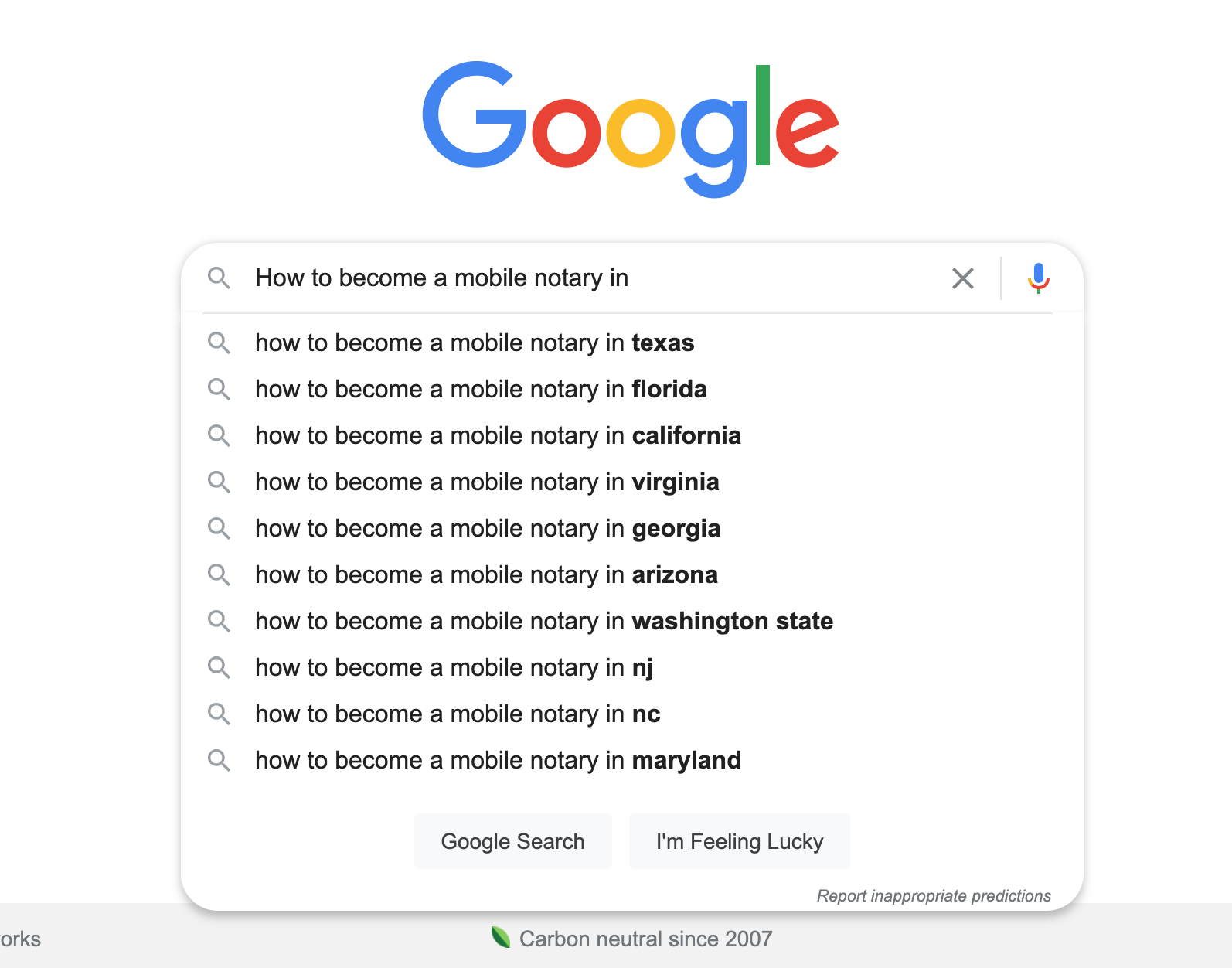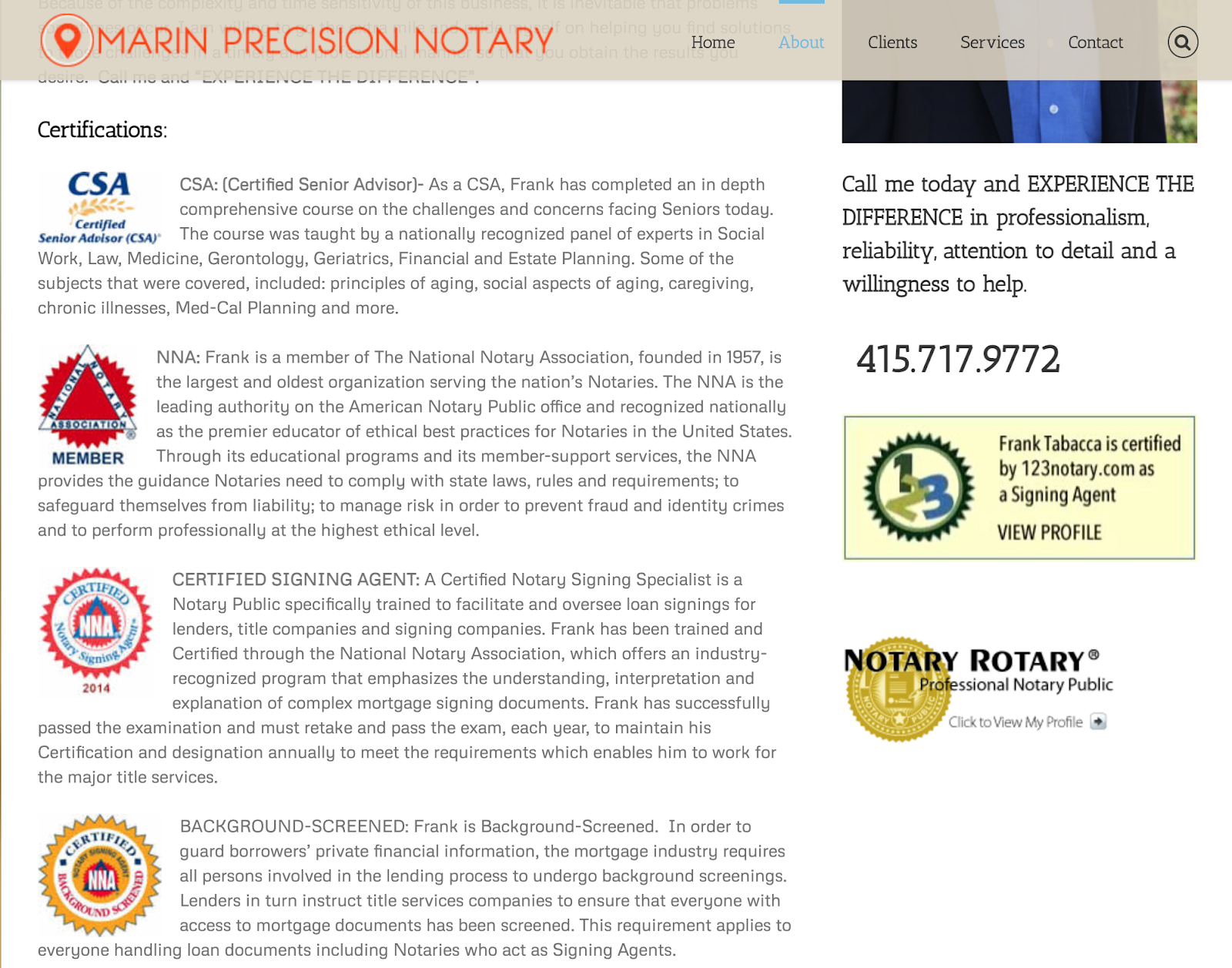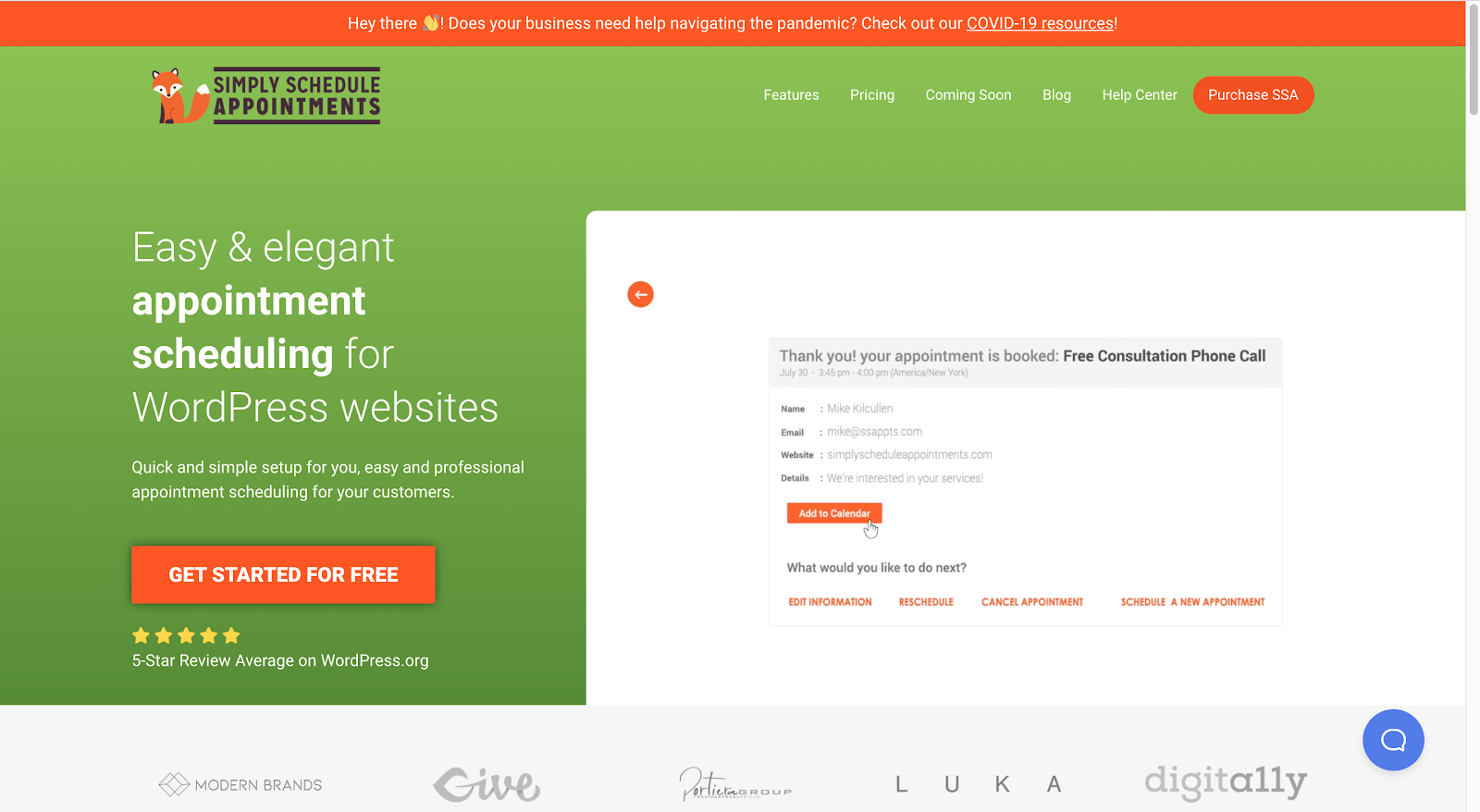
Are you interested in boosting your income by over $30,000 with just a $200 investment? Imagine earning $75 to $200 for every appointment you make. Starting a mobile notary business can make these dreams a reality.
Moreover, becoming a mobile notary is not only profitable but also easy.
In this comprehensive guide, I’ll cover everything you need to know about becoming a mobile or travel notary, including what a mobile notary business is, the necessary requirements, and how to kickstart your notary business.
The Basics: What Is A Mobile Notary?

As a mobile notary, you travel to a signer’s location, whether it’s their home or office, to notarize specific documents, such as:
- Legal documents like Wills or Trusts
- Home loan documents or car titles
- Property ownership transfers
- Declarations of guardianship and adoption papers
- Name change documents
- Business paperwork, including employment forms, contracts, and partnerships
The role of a notary public is to verify the signer’s identity, witness the signing of the document, and then sign and stamp it. This may seem simple, but it’s important work, as a notary can be summoned to court if any notarized document is questioned.
How Much Do Notary Publics Make?
Notaries generate income by charging fees for their notarial services, following state-specific laws. Initially, fees may seem limiting, ranging from $0.50 to $15 for a signature. However, with additional training, you can become a notary signing agent, capable of charging over $100 for a single loan signing.
Fun Fact: While all notary signing agents are notaries, not all notaries are signing agents. The former specializes in facilitating mortgage document signings and typically commands higher fees due to their deeper knowledge of the mortgage process.
Requirements for Becoming a Mobile Notary
While specific requirements vary between states, some common criteria include:
- Being at least 18 years old
- Residing in the state where you’re applying
- Proficiency in reading and writing English
- No felony convictions or prior notary commission revocations
To determine the exact requirements for your state, a quick online search will provide the necessary details. For example, you can Google “how to become a mobile notary in Texas” and pull up a wealth of information.

Starting a Mobile Notary Business: A Quick Checklist

Here’s an at-a-glance checklist outlining how to become a mobile or travel notary:
1. Ensure you meet your state’s requirements.
2. Complete a state-approved training course.
3. Submit your state’s notary application.
4. Pass the state-administered exam.
5. Undergo a background check.
6. Await your commission certificate in the mail.
7. Purchase a surety bond.
8. File your bond and oath of office with your local county clerk.
9. Procure your notary journal and stamp from an authorized vendor.
10. Consider obtaining Errors and Omissions (E&O) insurance (recommended but optional).
The process is relatively straightforward. Download and complete the application from the Secretary of State website, have it notarized, and submit it along with the required surety bond and application fee. After a background check, you’ll receive your notary commission, allowing you to purchase essential supplies like the notary seal and journal.
In some states, additional steps may include completing a training course, passing an exam, undergoing a background check, and fingerprinting before obtaining your commission.
7 Steps to Starting a Mobile Notary Business

Now, let’s dive into the exciting part – starting your mobile notary business in seven manageable steps.
Note: The first step is to actually be a notary. So make sure you have your commission certificate from your state before you think about launching a business.
Step 1: Craft a Business Plan
A business plan is the foundation of your mobile notary business’s success. It outlines your objectives, uncovers unknowns, and provides a clear path to achieving your goals. Key considerations include:
#1 Startup and ongoing costs, including training, licensure fees, bonds, and operational expenses.
The cost of training and licensure can vary from $90 to $225, depending on your state of residence and its specific requirements. On the other hand, bonds average $125 and typically last for a duration of four years.
I recommend incorporating expenses such as website development and maintenance, fuel, marketing materials, insurance, payroll, taxes, and other similar costs into your initial budget.
#2 Identifying your target audience or market niche.
There are different types of documents that require a notary. Sometimes specializing or advertising a specific service helps position yourself as the perfect notary for their needs.
#3 Setting pricing strategies for your services.
How much you charge depends on the type of document you’re signing and who your client is. Typically, you can charge $5-$10—or if you’re a loan signing agent, $75-$200 per appointment.
#4 Selecting a suitable business name and checking its availability.
If you’re contemplating how to start a mobile notary business, you likely have a name in mind. This is a positive step because choosing the perfect name for your mobile notary venture is an essential yet challenging task.
It’s important to dedicate whatever time necessary to developing a suitable name for your business. If you’re operating a sole proprietorship, opt for a business name (or DBA) rather than using your personal name.
Before finalizing your notary business name, conduct checks in the following areas:
- Your state’s business records
- Social media platforms
- Federal and state trademark records
- Availability of a corresponding web domain
Step 2: Establish a Legal Entity and Register for Taxes
Not many ‘How to Become a Mobile Notary’ guides delve deep into the importance of forming a legal entity when it’s the very thing that will protect you from being personally liable if your notary business gets sued. Protect your personal assets by forming a legal entity for your business, such as a sole proprietorship, partnership, LLC, or corporation.
Additionally, register for state and federal taxes and obtain an Employer Identification Number (EIN) to ensure compliance.
Step 3: Open Business Bank Accounts and Credit Cards
Separate your business and personal finances by opening dedicated bank accounts and obtaining a business credit card. This not only protects your assets but also gives you access to better interest rates and higher lines of credit, and simplifies tax filing.
Step 4: Implement a Robust Accounting System
As a business owner, you need to maintain meticulous financial records, tracking expenses and income. A well-organized accounting system ensures a clear understanding of your business’s performance and simplifies annual tax filing.
Step 5: Secure the Necessary Permits and Licenses
To avoid hefty fines and potential business closure, it’s critical to obtain the required permits and licenses for your state and locality. Check local and state regulations to ensure compliance and secure a Certificate of Occupancy if you operate from an office. Alternatively, you may visit the Directory of Local Business Resources on the SBA (U.S. Small Business Administration) website.
Step 6: Develop an Online Presence with a Business Website
Create a user-friendly website for your mobile notary business. Potential prospects are more likely to search the internet for a mobile or travel notary, which is why having a website is crucial. Your website should include the following:
#1 A compelling landing page highlighting your certifications.
Your landing page should be unique and well-designed to appeal to potential clients. Make sure to list all of your certifications for credibility brownie points!

Plus, there are many customizable landing page templates online, so getting inspiration wouldn’t be a problem.
#2 Easy navigation with contact and about pages.
Your mobile notary business website needs to deliver an enhanced user experience. The best way to ensure this is by making your website navigable.
Adding a ‘Contact Me’ page makes it easier for potential customers to find and get in touch with you if they want to hire you. Similarly, you should include an ‘About Me’ page to explain who you are, what is a mobile notary, what services you offer, how the mobile notary process works, and how people can hire you.
You can also boost your website’s capabilities, save time, and reach more potential clients with some amazing plugins. If you have a WordPress site, check out some of these tools to make your life easier:

- Simply Schedule Appointments. This plugin lets you create booking forms to set up appointments with potential clients and accept payments through PayPal and Stripe integration. It can be great for delivering a professional and simple appointment scheduling experience to your prospects.

- Email Subscribers & Newsletters. This plugin is a full-fledged solution that provides you with everything you need to create and manage an email list and send newsletters. This way, you can create long-lasting relationships with your current and potential clients.

- All in One SEO (AIOSEO). This plugin is a comprehensive SEO toolkit that lets you select the best SEO settings for your business to rank higher in the SERPs. It’s a great way to improve your organic traffic without learning complicated SEO jargon.
Step 7: Develop an Effective Marketing Plan
Create a marketing plan to attract clients and build your reputation. The first step in doing this is to craft a compelling personal and company profile, showcasing your experience and qualifications. Present your past and present achievements in the mobile notary business in a way that makes the visitor go, “The is the person I want for the job!” The travel notary business is highly competitive, so you will need a profile that stands out.
Starting a mobile or travel notary business requires dedication and careful planning, but with the right steps, you can achieve financial success and professional fulfillment in this lucrative field.
Below, I’ve compiled a list of a few strategies to market your mobile notary business effectively:
- Distribute letters of introduction about your business and a brochure to companies, entrepreneurs, and start-ups. Anyone that’s a part of your target audience
- Print advertisements in newspapers, TV, and radio stations within your community
- Leverage social media and the internet in general to promote your business
- Get your business listed in local directories
- Engage in roadshows in targeted neighborhoods
- Determine effective direct sales and marketing strategies to generate more awareness about your business. You can also consider hiring marketing executives and business development experts to help you formulate direct marketing plans for your business
- Use word-of-mouth publicity and referrals by contacting your previous customers for leads
The Bottom Line
A mobile notary business can be a great side gig—provided you do it right. I hope this guide helped to clarify the details for launching a successful mobile notary business.
Are you in the process of starting a mobile notary business? Let Simply Schedule Appointments help you get organized and start booking appointments today! For more information, visit our website.



